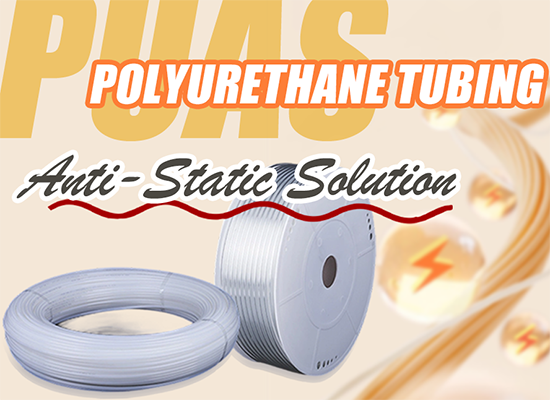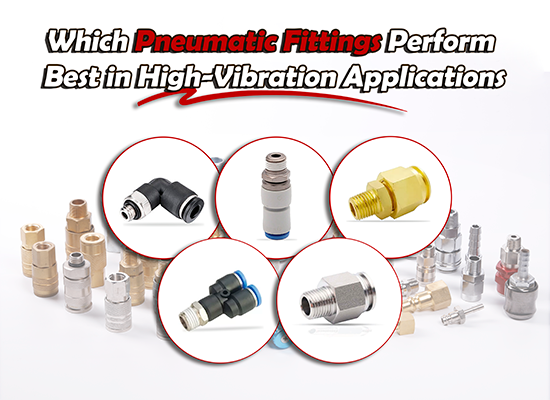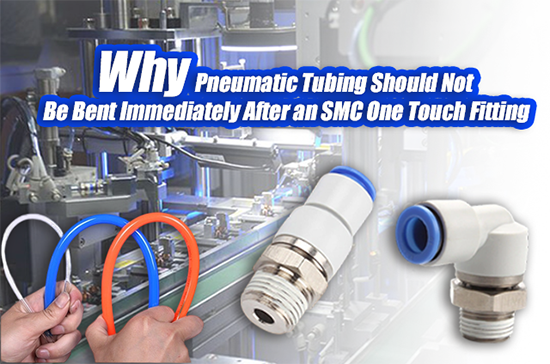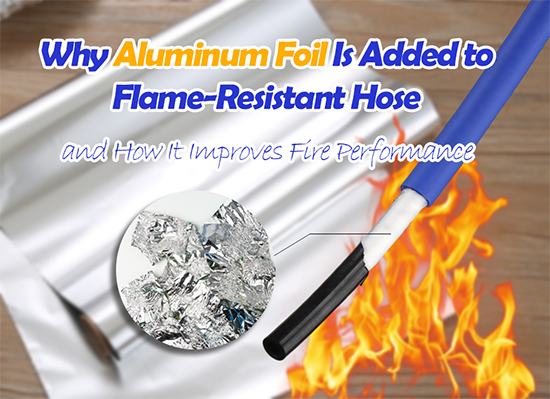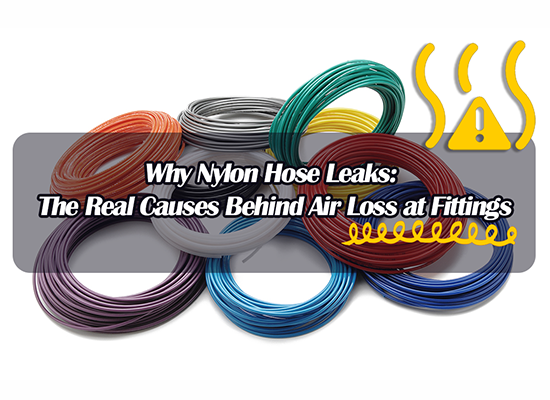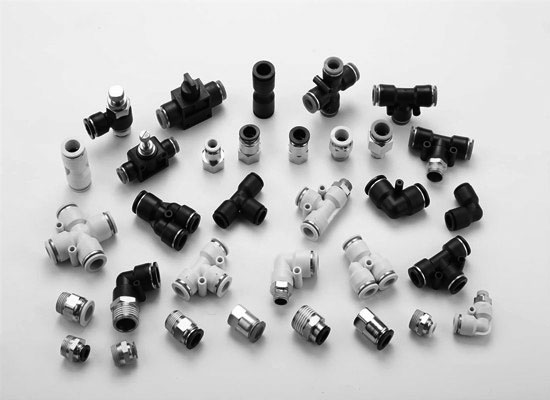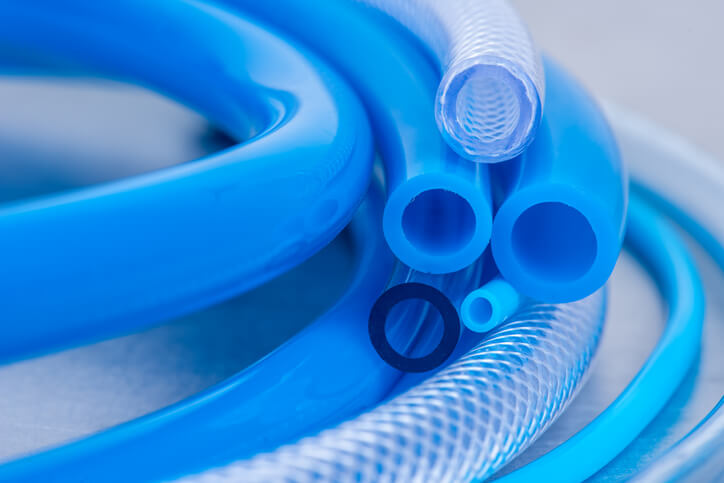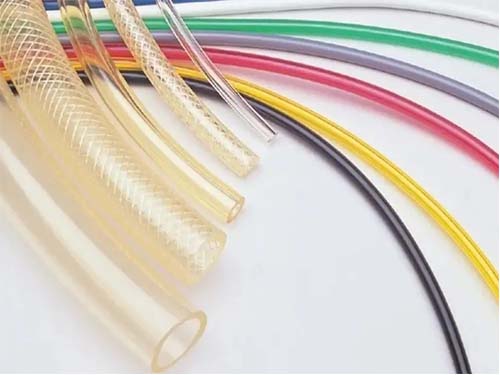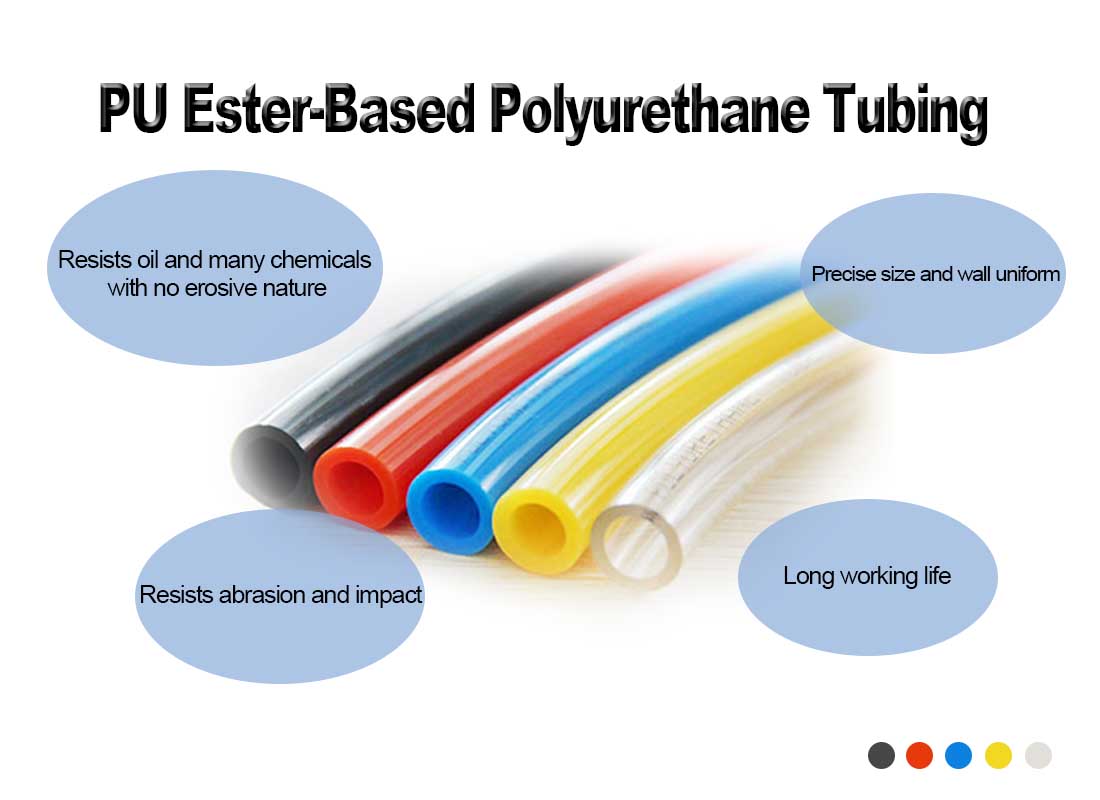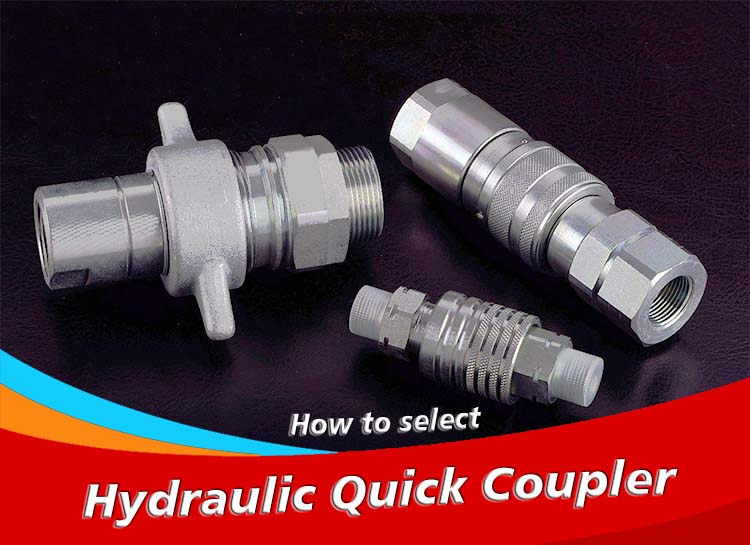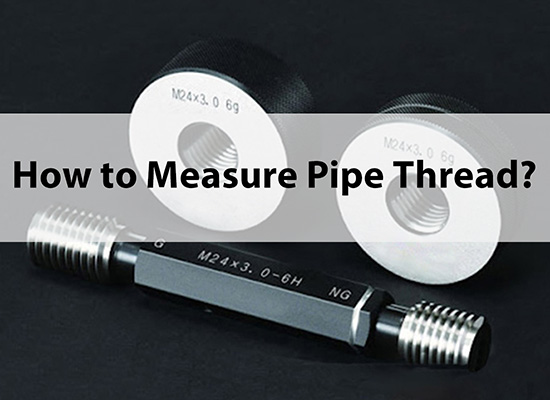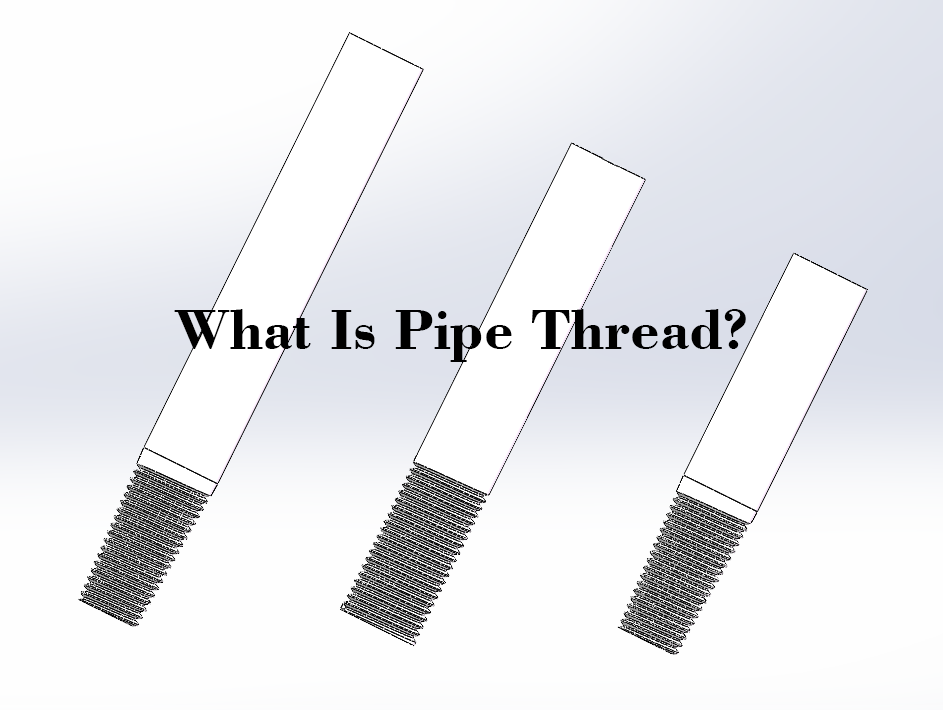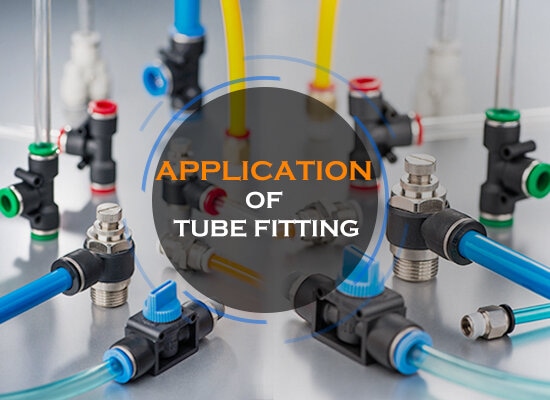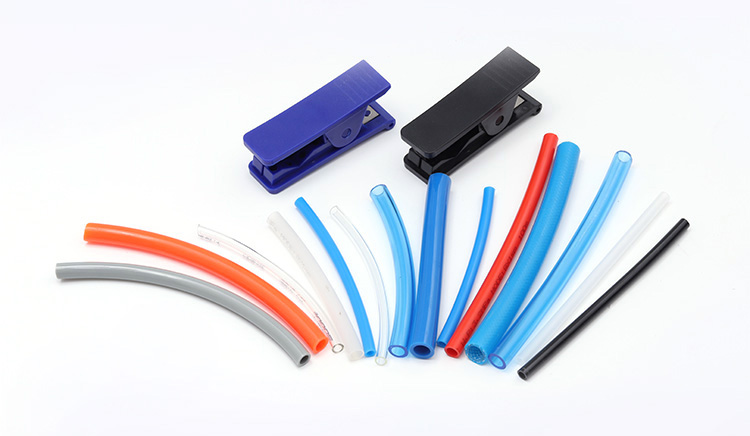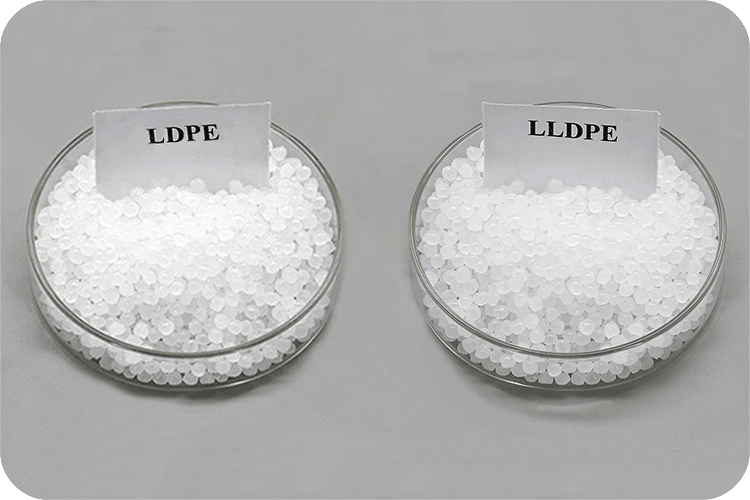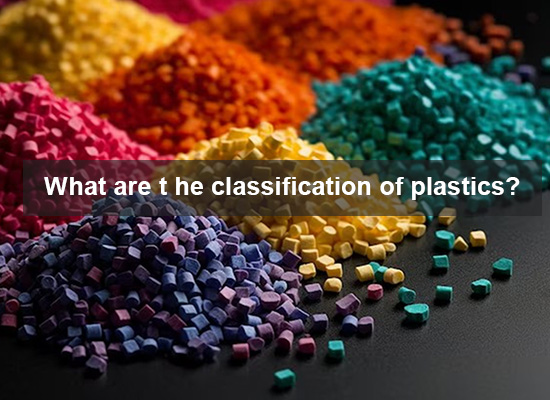What Is a PU Coil Tube?
PUC PU coil tube, also known as Polyurethane spiral pipe, is a type of highly flexible and elastic polyurethane tubing specifically designed for pneumatic applications. It is made from polyurethane elastomer synthesized from polyether polyols. This product complements the typical polyurethane tubes by enhancing bend resistance and flexibility, and it is widely used in industrial automation, pneumatic tools, assembly lines, and air compressor systems.
In modern industrial pneumatic systems, the spiral polyurethane tube not only serves as an excellent and efficient conduit for compressed air but its coiled design also improves the flexibility of other system components. The spiral structure enhances wiring efficiency and significantly increases the operability of the equipment.
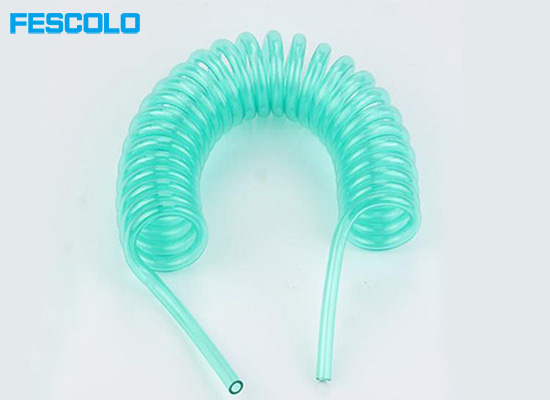
PU Coil Tube Features
Polyurethane spiral hose can be used as a kind of flexible pneumatic air hose tubing commonly. It is a flexible coiled structure that can automatically retract like a spring, saving space and preventing hose tangling. Let's explore other features of the PU spiral hose.
Flexibility and space-saving: The coil is in coiled form and can be expanded and contracted like a spring when in use, which saves a lot of space and avoids pipe entanglement.
Enhanced elasticity: Due to the addition of elastic modifiers and the change of hard segment/soft segment ratio, the elasticity of spiral polyurethane pipe is greatly enhanced.
Durability: High abrasion resistance and good resistance,and spiral structure reduces fatigue damage at bending points, significantly extending the service life.
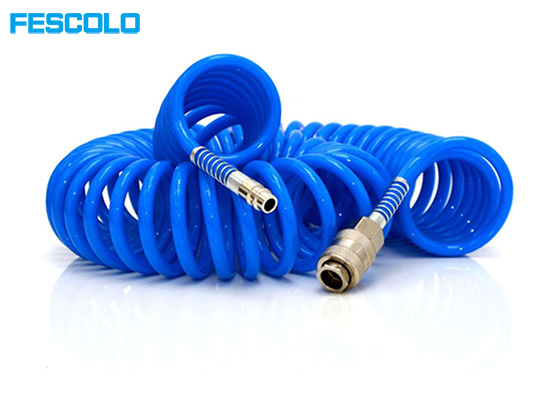
Ether-Based vs Ester-Based PU Spiral Tube
When it comes to polyurethane materials used for coils, there are mainly two types based on the chemical structure of polyol components: ether based PU and ester based PU. Understanding the differences between these two materials can effectively help us choose suitable industrial specialized need spiral pipes.
Characteristic
Ether-based PU has excellent water resistance, making it more suitable for humid or wet environments. It can withstand general alkaline substances and microbial attack. Its abrasion resistance is average, but it offers good flexibility and elasticity, with a long service life.
Ester-based PU is not water-resistant and undergoes hydrolysis when exposed to water. Its chemical resistance is average. Compared to ether-based PU, it has better abrasion resistance. However, its service life is shorter, but it offers a higher cost-performance ratio.
Applications
Polyether-type spiral PU offers better flexibility, hydrolysis resistance, and low-temperature performance, with a longer fatigue life, making it suitable for industries requiring repeated stretching and coiling; whereas polyester-type PU spiral tubes excel in wear resistance, hardness, and oil resistance, making them more suitable for mechanical environments with sharp burrs.
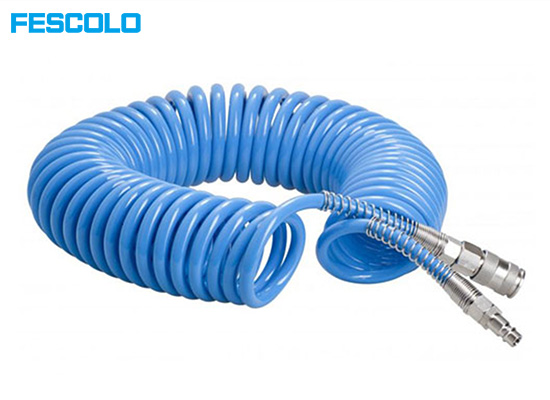
Advantages and Function of PU Coil Tubing
◆ High Durability & Pressure Resistance
◆ Excellent Oil and Hydrolysis Resistance
◆ Self-Recoiling Coil Design
◆ Easy Installation & Handling
◆ Good Abrasion Resistance
PUC PU Coil Tube vs Other Tube
When choosing the right coiled tubing for pneumatic systems, it's important to compare different materials in terms of flexibility, durability, and environmental performance.
| Item | PU Coil Tube | Nylon Coil Tube |
| Flexibility | Excellent; ideal for dynamic and moving applications | Relatively stiff; lower rebound elasticity |
| Abrasion Resistance | Good | Excellent
|
| Hydrolysis Resistance | Outstanding | Average; not recommended for prolonged humid exposure |
| Bending Radius | Small;easy to route and install | Large;less convenient for tight routing |
| Cost | Moderately high, but good value for performance | Slightly higher, especially for engineering-grade nylon |
According to the table above, PU coil tubing offers excellent flexibility, resilience, and bend resistance. It maintains good softness even in low-temperature environments, making it ideal for pneumatic applications that require frequent bending or dynamic movement. In contrast, nylon tubing provides higher strength, rigidity, and pressure resistance, along with superior abrasion and chemical resistance, making it more suitable for fixed installations or industrial environments with high pressure requirements.
How to Select the Right PU Coil Tube
Choosing the right PU coil tube is essential for ensuring safety, performance, and longevity in your pneumatic system. Here are some key factors to consider.
Length and Coil Stretch Range
Select a tube length that matches your working range. Consider both the coiled (resting) and fully extended length to ensure mobility without overstretching.
Fitting Type
Common end connections include male/female thread, quick couplers, or barbed fittings. Choose based on your tool or equipment interface to ensure a secure and leak-free connection.
Working Pressure
Verify that the tube’s rated working pressure meets or exceeds your system’s operating pressure. Allow for a safety margin, especially in high-pressure air compressor setups.
Usage Environment
Consider the temperature, humidity, oil exposure, and abrasion conditions. For example, ether-based PU is preferred in wet or oily environments due to its excellent hydrolysis resistance.
Conclusion
Choosing the appropriate pneumatic piping is crucial for ensuring the efficiency, safety, and lifespan of industrial air systems. PU spiral pipe is an efficient and flexible solution that combines excellent material quality with spiral structural design to meet the problems of insufficient flexibility in modern automated gas source connections, limited space, and frequent movement leading to pipeline wear and entanglement.Contact us for more information or you can browse our website to earn other tubing and fittings types.






